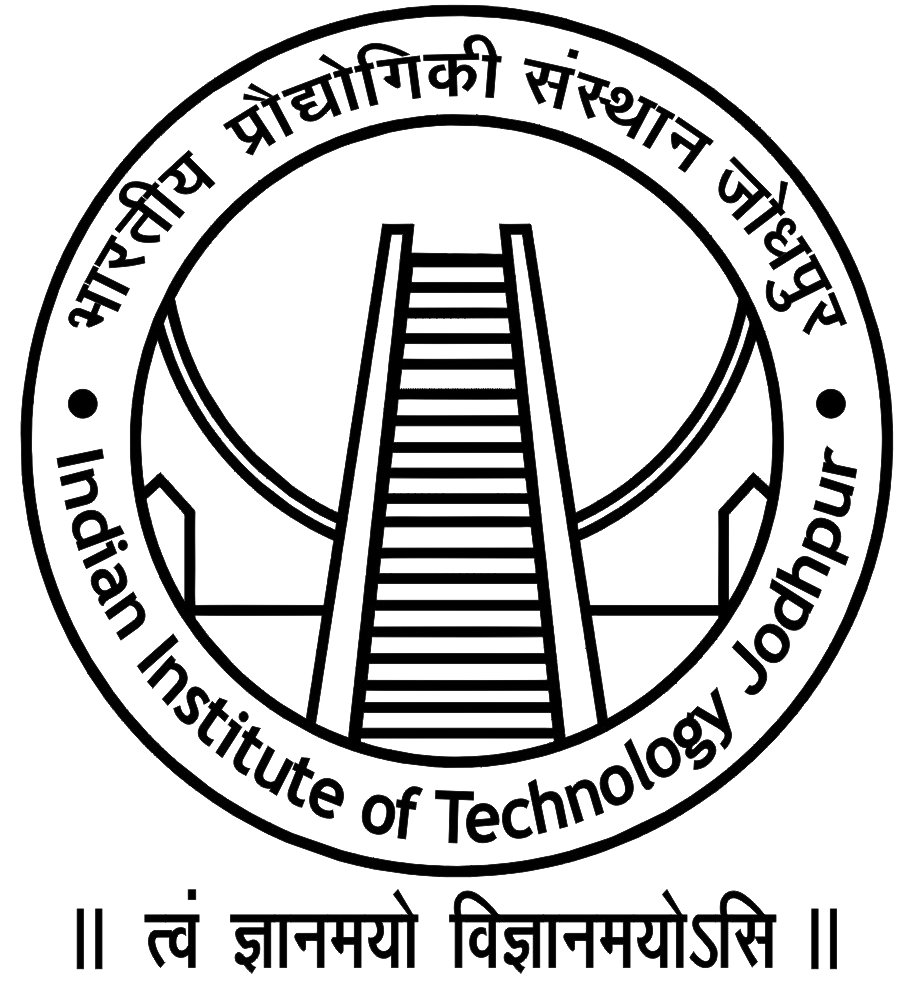The Indian Institute of Technology, Jodhpur is planning to introduce new engineering-linked four-year Bachelor of Science (BSc) courses in Chemistry & Physics along with specialization. These courses are designed to cater to the growing demand for modern technologies.

IIT Jodhpur will also give the option to convert the 4-year B.S program to 5-year B.S - M.Tech dual degree program with respective specialization. These programs will also offer entrepreneurial insights to the students to create science-based innovations and scale them to profitable businesses. The courses are designed in accordance with the NEP 2020 policy that will further offer flexibility to opt for different specializations.
According to the institute, the first year of the course will focus on fundamental knowledge in basic science and engineering. The second and third years will offer comprehensive theoretical and experimental courses in advanced concepts of Chemistry & Physics in the respective programmes. In the end, the final year will help students in gaining specialization in a focused area.
Prof. Santanu Chaudhury, Director, IIT Jodhpur, said, “Research in Basic sciences is driving the frontier of technology, Quantum technology, Sustainable materials, Terahertz technology, Gene Therapy, and Green Energy are some examples of science driving technology innovations. It is time to rethink the basic science programs, making them foundational for emerging technologies. New BS programs of IIT Jodhpur have been launched with this motivation. We expect our B.S graduates to get involved in application-directed basic research, creating breakthrough technologies for new age industries.”
The Bachelor of Science in Chemistry will train students to identify ample opportunities to apply the concepts in the field of pharmaceuticals, agrochemicals, materials and devices, energy, healthcare, and the environment. Whereas the B.S in Physics will help students in identifying application and innovation opportunities in Green Energy, Photonics, Sustainable Energy Materials, Quantum Technology & Communications, Flexible Electronics, Multifunctional Materials and Devices, Quantum Open Systems, Smart Energy for smart cities, and Smart Healthcare, as described by the institute.








